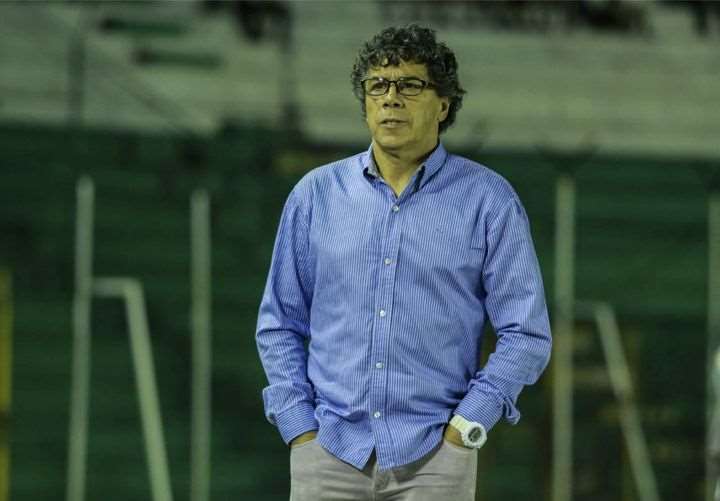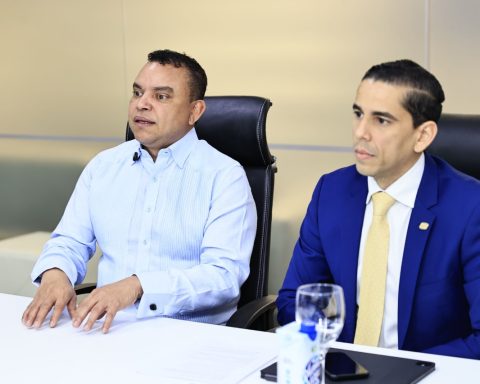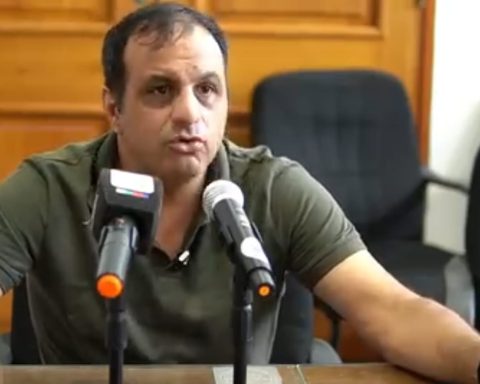One of the most important chapters in the centennial history of YPF took place ten years ago, precisely on April 16, 2012, when the then president Cristina Fernández de Kirchner announced the recovery of the company through a bill passed almost immediately by the National Congress.
Thus began to be retraced, not without setbacks, a fateful period of the flagship of Argentine companies, from the decision of another Peronist president, Carlos Menem, who under the tutelage of the legislative majority promoted a wave of privatizations in the nineties.
At that time, under the protection of the State Reform Law, and with the support of the UCeDe led by Alvaro Alsogaray, progress was made with the privatization of most of the state companies, losing control of strategic sectors such as energy and telecommunications.
In the case of YPF, the initial link was the change in corporate type when it went from a State Company to become a Public Limited Company, and later, in 1999, the landing of the Spanish company Repsol took place, which acquired 97.81 % of YPF for around 13,500 million euros, thus entering the top ten of the largest private oil companies in the world.
During the government of Néstor Kirchner, who always had in mind to reduce the almost absolute control of the multinational Repsol in YPF, there was a new landing in corporate integration: the Petersen Group, controlled by the Eskenazi family, came to have 25 .46% of YPF in different tranches, with money lent by Repsol itself and a group of banks.
Imports of gas and oil in 2011, which generated a deficit of more than US$ 3,000 million, plus Repsol’s disinvestment alleging the lack of adjustments in rates, marked a turning point in the oil company’s relationship with the Government. .
In this context, former president Fernández de Kirchner made the decision to “recover the hydrocarbon sovereignty of the Argentine Republic,” in her own words.
“We are the only country in Latin America -and I would almost say in the world- that does not manage its natural resources,” said the current vice president of the Nation on national television.

The bill submitted to the National Congress declared 51% of YPF Sociedad Anónima to be “public utility and subject to expropriation”, shares that were distributed between the National State and the provinces that make up the Federal Organization of Hydrocarbon-Producing Provinces (OPEPHI). .
A few days later, the pro-government majority in Congress signed into law the project that declared self-supply of hydrocarbons to be “public utility” with 208 affirmative votes, 32 against, and 5 abstentions in the Chamber of Deputies.
This saga still had several sections to unravel, beginning with the negotiations with Repsol for the payment of compensation for 51% of the shares that had remained in the hands of the National State and the oil-producing provinces.
After two years of negotiations, the then Minister of the Economy, Axel Kicillof, announced the agreement with Repsol, endorsed by the multinational itself in an official statement.
The compensation was US$5,000 million payable in bonds, plus interest: the menu of public securities included Bonar X (US$500 million), Discount 33 (US$1,250 million), Bonar 2024 (US$3,250 million), plus an add-on pack consisting of Boden 2015, Bonar X and Bonar 2024.
On February 25, 2014, Repsol officially communicated that it accepted the Argentine proposal, desisting from possible legal actions or future claims, pending the ratification of the General Shareholders’ Meeting.
However, there are still legal issues to be resolved: a lawsuit in the New York courts that began in 2015, when the Burford Capital fund acquired the litigation rights of the companies of the Petersen Group, owner of 25% of the shares of YPF at the time of being expropriated.
















